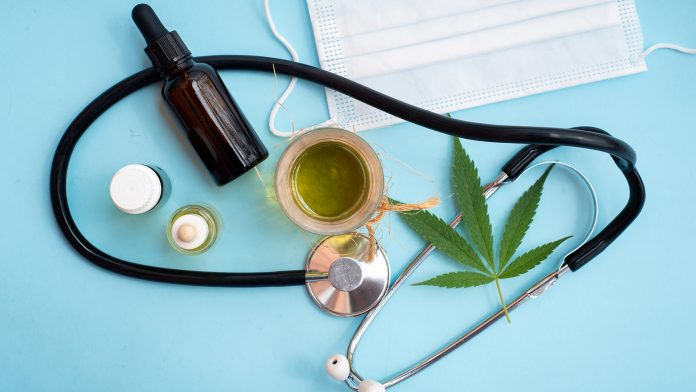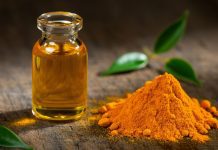
High-quality, randomised clinical trials are needed to determine if the anti-inflammatory benefits of CBD seen in preclinical trials will be useful in a real word setting, according to new research.
A review of existing studies will be presented at ACC Latin America 2022 Together with CardioAcademic in Mexico City on September 9-10, 2022. The review will outline the need for more clinical evidence for the benefits of CBD in heart disease patients.
“Cannabidiol and medical cannabis use, alongside its many products, has increased considerably in the last decade. Nonetheless, there are few indications for its use based on good clinical trials. Here we seek to provide preclinical evidence, which ultimately serves as the cornerstone to establishing well-designed clinical trials in humans to prove the effect of CBD on coronary syndromes with strong scientific evidence,” said Mario Esteban Zúñiga Ayala, MD, a cardiology fellow at Hospital Regional ISSSTE in Mexico City and the primary author of the study.
The benefits of CBD
CBD is a non-psychoactive ingredient derived from the Cannabis plant. The benefits of CBD include analgesic, antineoplastic, chemopreventative, and anti-inflammatory properties. As CBD usage increases, many heart disease patients have considered CBD as a treatment option.
“CBD has substantial evidence for the following conditions: pain, cachexia, nausea and vomiting, multiple sclerosis spasticity, and, most recently, epilepsy. Its pharmacological profile shows it is safe and well-tolerated in humans, although it has well-described side effects. But the interaction with other medications often used by cardiologists, such as anticoagulation and anti-platelet drugs, is not well-known,” said Zúñiga Ayala.
Due to the anti-inflammatory benefits of CBD, the study focused on its potential to reduce myocardial ischemia, a condition that restricts blood flow to the heart. Myocardial ischemia may result in chest pain, heart failure, and heart attacks as the heart works harder to pump blood and oxygen around the body.
The researchers used the ‘Preferred Reporting Items for Systematic Reviews and Meta-Analysis’ guidelines to carry out a systematic search of the PubMed database up to April 2022. The researchers analysed the results from nine preclinical studies; however, no quality randomised control trials for the benefits use of CBD in acute or chronic coronary syndromes were found.
Researchers propose clinical trials
The review of the nine preclinical studies found reproducible cardiovascular outcomes in in-vivo CBD studies. Some benefits of CBD relating to oxidative stress and inflammation were found.
“CBD also showed promising results in experimental models of ischemia and reperfusion lesion, myocardial infarction, arrhythmias, and metabolic syndrome-like conditions,” Zúñiga Ayala said.
The researchers believe the preclinical evidence of the benefits of CBD relating to ischemic heart disease is robust enough to base a well-designed clinical trial around. The researchers have now proposed a clinical trial in humans with coronary syndromes.
However, Zúñiga Ayala also expressed caution regarding the proposed benefits of CBD: “CBD is not a miraculous drug. If taking any other medications, try to seek a specialist on medical cannabis to advise you if you are a candidate to take CBD. Always ask for interactions with your previously prescribed medications and do not suspend any drug prescribed by your physician”
A recent study of 84 CBD products bought online showed that more than a quarter of the products contained less CBD than labelled. In addition, THC was found in 18 products. Products with THC could potentially cause harm to heart disease patients.”









